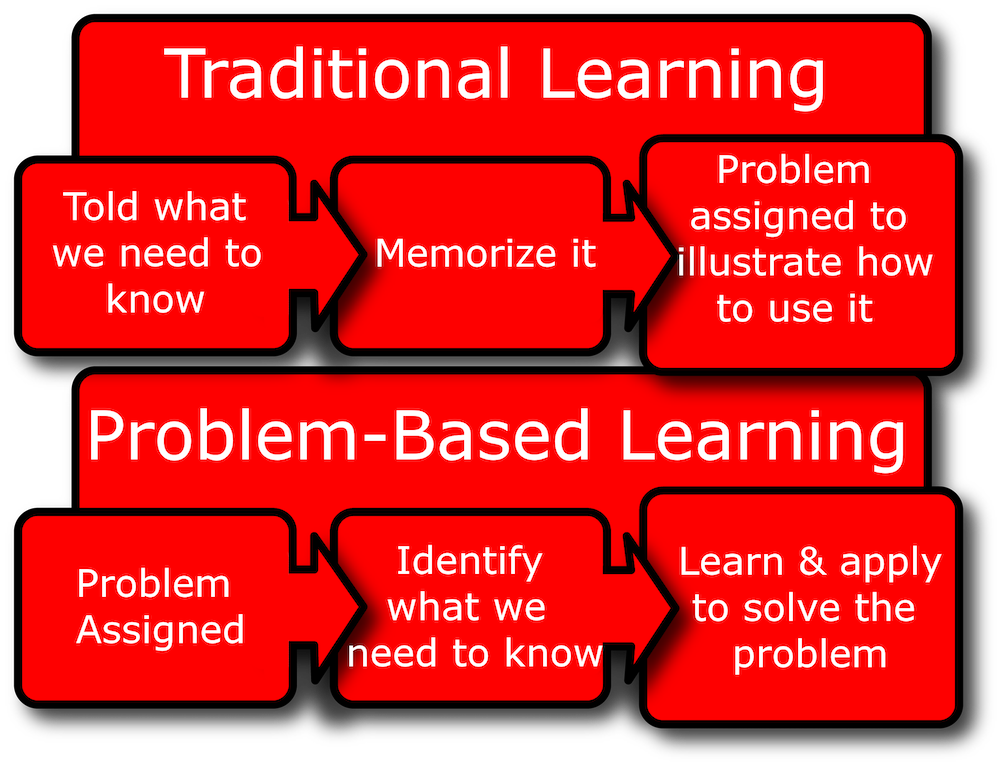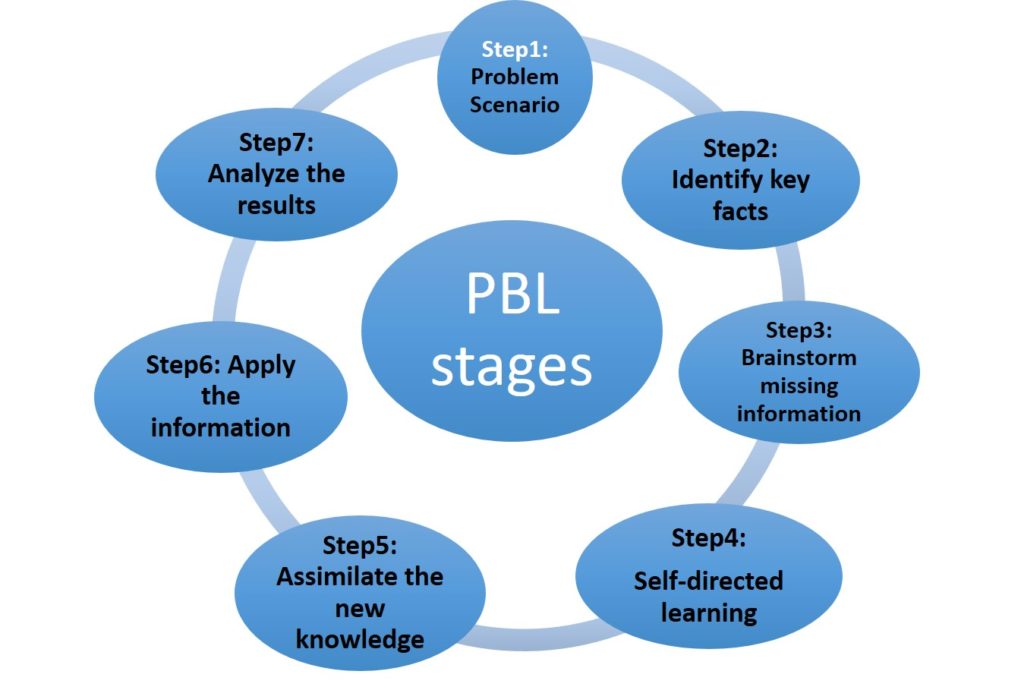Constructivism Learning Theory and Problem Based Learning (PBL)?
According to Seibert (2021), “PBL employs constructivist principles to foster application of prior knowledge, collaborative learning, and active engagement” by setting students to analyzes a problem, identify relevant facts, and apply existing knowledge and experiences to solve a problem (p. 85). In addition, “the teacher takes the role of a facilitator rather than a lecturer. The facilitator helps the groups construct understanding and connect concepts by scaffolding information, directing exploration, reinforcing understanding of difficult concepts, and introducing resources” (Seibert, 2021, p. 86). Seibert also acknowledges that “this generation brings technological skills and an inclusive mindset that will enhance our profession, educators are challenged to adapt teaching strategies to promote critical thinking and foster perseverance” (p. 85). This theory, along with the Connectivism Learning Theory, provide a solid framework to help educators evaluate the quality of teaching and learning during the ever-changing world of mobile and open technologies.


Connectivism Leaning Theory in PBL?
According to Kop and Hill (2008), Connectivism Learning Theory suggests that students engaging in PBL should combine thoughts, theories, and general information in a useful, creative, and engaging manner. This theory welcomes mobile technologies as major part of the learning process. This practice focusses on creating constant connectedness among the participants in order to give them opportunities to make choices about the learning through PBL. This type of theory promotes group collaboration and discussion through online forums, like this one. When it comes to making sense of information, problem-solving, and decision-making, Connectivism encourages students to share different viewpoints and perspectives based on their new and previous knowledge. This theory also promotes learning through social media, blogs, online networks, or information databases.
Therefore, it is important to understand and recognize that mobile, open, and broader learning concepts have an interconnected relationship that can help educators find a solid framework to guide effective and efficient instructional design. As an educator, these theories and learning styles will shape the way we think about how teachers should teach and how students should learn based on different contexts and resources available. Now, with the emerging use of mobile and open technologies in the last few years, educators need to continuously study and research how this new factor will play a role in our education systems.
___________________________________________________________________________________________________________________________________
Kop, R. & Hill, A. (2008). Connectivism: Learning theory of the future or vestige of the past? International Review of Research in Open and Distributed Learning, 9(3), 1–13. https://doi.org/10.19173/irrodl.v9i3.523
Seibert, S. A. (2021). Problem-based learning: A strategy to foster generation Z’s critical thinking and perseverance. Teaching and Learning in Nursing, 16(1), 85-88. https://doi.org/https://doi.org/10.1016/j.teln.2020.09.002
Full disclosure, PBL is my job as a Robotics teacher. That being said, what are the pitfalls for using PBL in an online forum based environment?
Not a rhetorical question, I’m just curious what to look out for when facilitating this sort of work in the future?
Hello, that’s a very good question. I personally am not sure if I can answer that. As a math and Spanish teacher I have ways to adapt PBL to online forum environments through teams when COVID struck. I can say it’s possible, and now with YouTube tutorials people do anything from home. I think the forum would easily be used to discuss challenges and discuss successes. However, I agree, your approach is more of a hands-on based learning. My biggest concern would be providing students with the necessary resources, tools, and machinery to create robotic artifacts. So, yes, it begs the question, how can PBL online be effective in courses like robotics, wood work, automotive, and metal works?